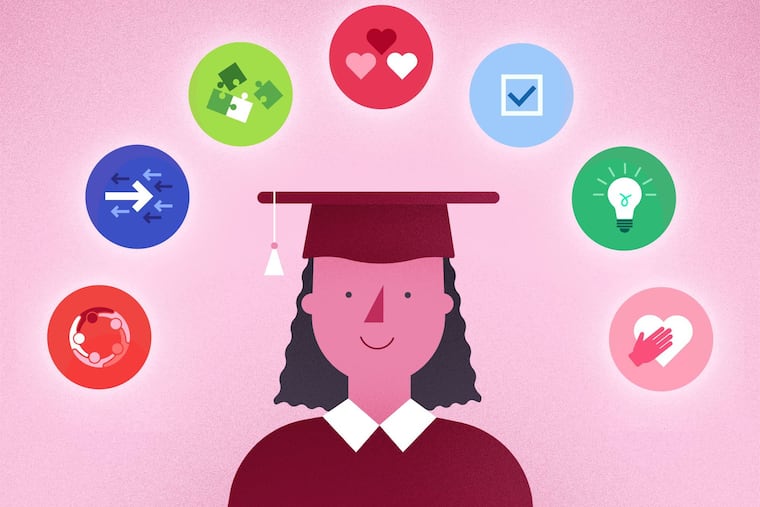How education factors into children’s character development
Schools that do a wonderful job on the test-score front don’t always excel at developing aspects of character — and vice versa.

What do we hope for when we send children to school?
This is the question Martin Luther King, Jr. posed in an essay entitled “The Purpose of Education,” published in the Morehouse student newspaper around the time of his 18th birthday.
King’s answer: “Intelligence plus character — that is the goal of true education.”
But what, then, is character?
This is the question child psychologist Diana Baumrind addressed, toward the end of an illustrious career, in an essay entitled “Reflections on Character and Competence.”
Character, Baumrind writes, “provides the structure of internal law that governs inner thoughts and volitions subject to the agent’s control under the jurisdiction of conscience.”
Baumrind then offers examples of character strengths recognized by diverse traditions across history and different cultures. Character is personal integrity, honesty, and social responsibility. But character is also persistence in the face of obstacles, self-discipline, and work ethic. The list of what constitutes admirable character goes on and on. In short, character is not one thing, but many.
In King’s prescient words: “The function of education, therefore, is to teach one to think intensively and to think critically. But education which stops with efficiency may prove the greatest menace to society. The most dangerous criminal may be the man gifted with reason, but with no morals.” As Baumrind put it: “It takes virtuous character to will the good, and competence to do good well.”
New research by economist Kirabo Jackson and colleagues shows that some schools are especially good at raising standardized achievement test scores. Some excel at improving interpersonal skills, like helping other people. Some improve intrapersonal skills, like setting aside time to study.
Jackson also found that the schools that do a wonderful job on the test-score front don’t always excel at developing aspects of character — and vice versa. But many schools do both.
Don’t oversimplify education. A great classroom is one in which young people thrive in every sense of the word. Schools play an essential role in helping young people develop socially, emotionally, physically, and academically.
Do ask the young people in your life what they think about the purpose of education. Share a story, perhaps, of a lesson you learned as a young person that you can’t put on your resume but you hope will be remembered in your eulogy. As with so many endeavors in life, Why? is a very good place to start.
Angela Duckworth is the cofounder and CEO of Character Lab and a psychology professor at the University of Pennsylvania. You can sign up to receive her Tip of the Week — actionable advice about the science of character — at characterlab.org.